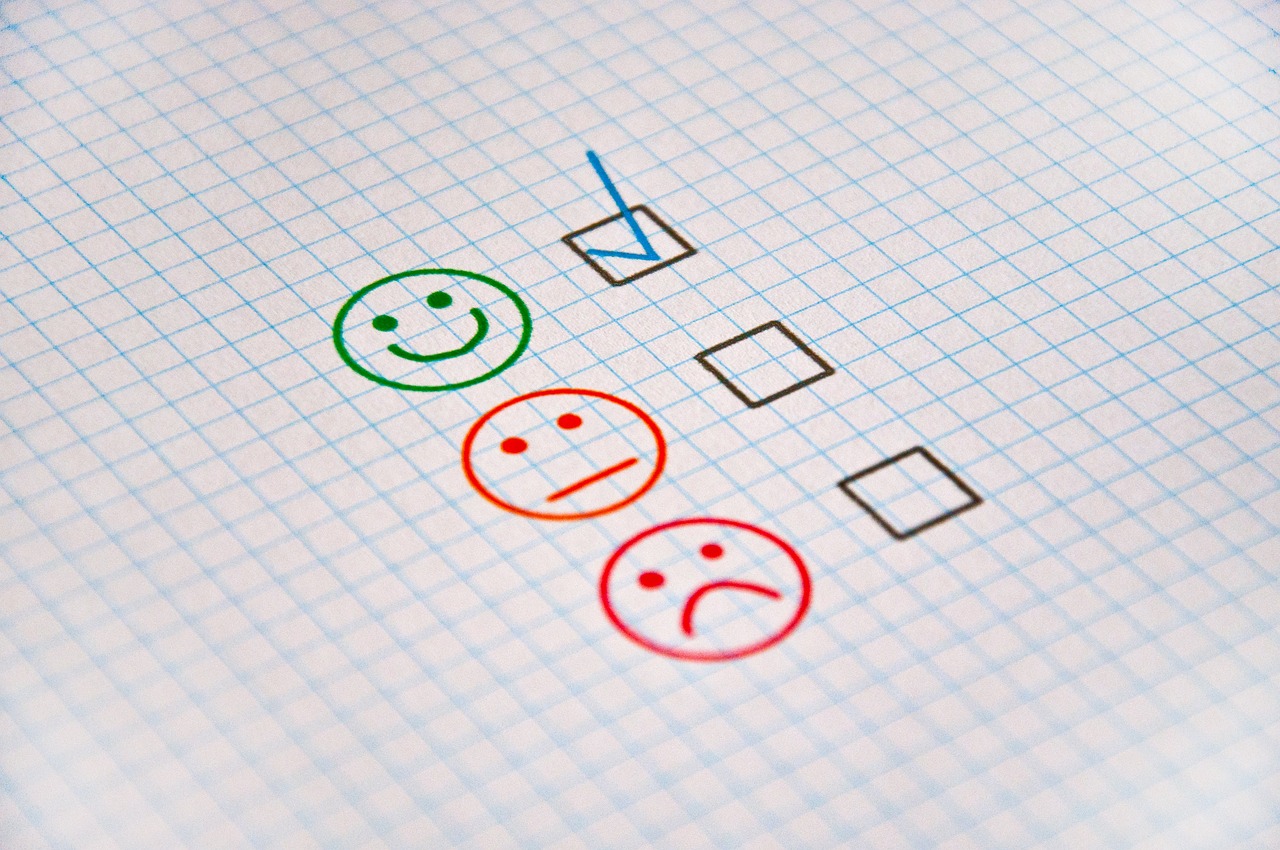Failing is a common experience, and how people respond to failure can generate important insight into learning, education, and feedback culture. Previous research has found that positive feedback is more beneficial to academic performance than failure feedback, which leads to the tune-out effect (i.e. to stop paying attention) and, in turn, inhibits learning (Eskreis-Winkler & Fishbach, 2019). In contrast, there are several studies that suggest a different viewpoint: failure enhances learning as it draws attention to details. Keith and colleagues (2022) conducted two experiments testing the tune-out effect under varying conditions in order to further explore these two diverging viewpoints.
The researchers used Eskreis-Winkler and Fishbach’s (2019) study as a reference for their experiments. They recruited 260 participants using Amazon’s Mechanical Turk. There were two factors for each experiment: outcome feedback and framing of incentives (Experiment 1), and outcome feedback and corrective feedback (Experiment 2). There were four experimental groups in each study. Experiment 1 was split into two rounds. Round 1 required participants to answer three questions that asked which symbol had a meaning in an invented language. Participants in the success feedback group received all success feedback (i.e. “you answered this question correct”) after each question and participants in the failure feedback group received all failure feedback (i.e. “you answered this question incorrectly”). Afterwards, both groups were asked “What is your favorite music to listen to?” as a form of distraction. Round 2 proceeded with the same conditions as Round 1, except the questions were phrased differently (e.g. “Which of the following characters represents a non-living, stationary object?”) to test their learning. Afterwards, they answered a questionnaire on their personal characteristics (e.g. “Mistakes assist me to improve my work.”). The gain versus loss factor was then tested: participants in the gain-framing group were told that they can gain $0.50 for every correct answer, and participants in the loss-framing group were told that they would lose $0.50 for every incorrect answer. Experiment 2 followed the same procedure as Experiment 1 save a few variations. The participants’ monetary compensation was consistent. Additionally, a few participants received additional corrective feedback (i.e. the correct answer was revealed) on top of the success versus failure feedback.
The results of the two experiments suggest that the implementation of corrective feedback and the loss condition (e.g. losing money for a wrong answer) reduced the tune-out effect. In addition, the study demonstrated that whether the feedback was success or failure feedback, it had little effect on learning. However, the success feedback might not be effective in enhancing learning if the participant had a higher motivation to learn or the task difficulty decreased.
This study highlights the importance of learning from failure in a way that maximizes an individual’s performance. In a classroom setting, teachers can allocate time to thoroughly guide students to analyze their failures. For instance, after an assessment, instead of simply pointing out incorrect answers, they can also provide the correct answers and walk students through them. These results are in line with EPIC’s research on how instructional design can inspire students’ motivation when learning in the classroom and other educational settings. In the future, EPIC could develop experiments that test how failure education can support students to improve their learning and performance.
If you want to learn more about Keith et al.’s (2022) study, check it out at:
https://doi.org/10.1037/xge0001170
This post is written by Jessica Wang.
Reference:
Eskreis-Winkler, L., & Fishbach, A. (2019). Not learning from failure—The greatest failure of all. Psychological Science, 30(12), 1733–1744. https://doi.org/10.1177/0956797619881133
Keith, N., Horvath, D., Klamar, A., & Frese, M. (2022). Failure to learn from failure is mitigated by loss-framing and corrective feedback: A replication and test of the boundary conditions of the tune-out effect. Journal of Experimental Psychology: General, 151(8), e19–e25. https://doi.org/10.1037/xge0001170

